The program innovation and textbook replacement to meet new requirements have been completed to maximize the learners' abilities. However, blind students still have to continue to rely on Braille textbooks to study and deaf-mute children still face many barriers to be able to acquire knowledge to study at higher levels.
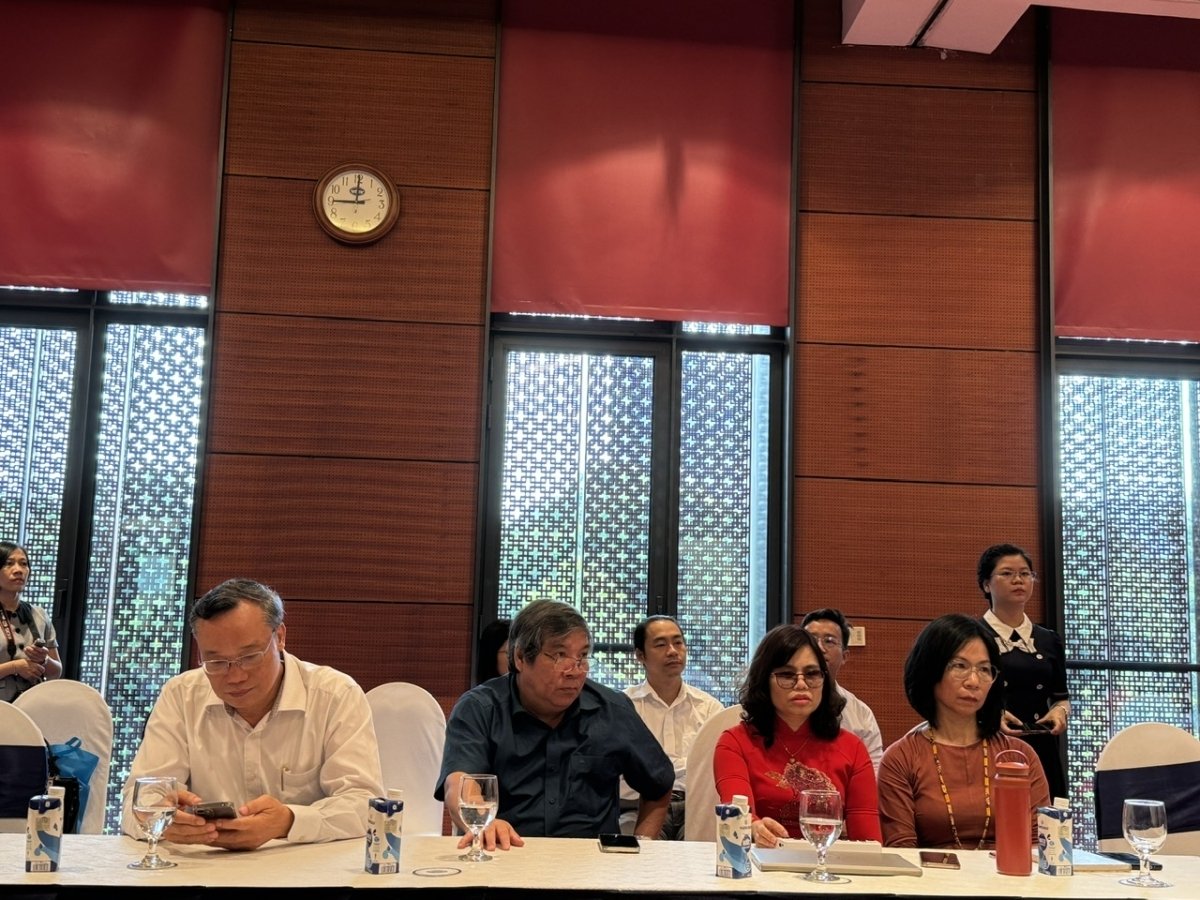
In the past 10 years, after the promulgation of a series of documents and policies on education , especially education for people with disabilities and the implementation of the 2018 General Education Program, the 2019 Education Law, education in general and education for people with disabilities in particular have had quite clear changes. Equality in education has helped people with disabilities have the opportunity to assert themselves in many fields. However, the number of people with disabilities participating in education is still low compared to the general rate and most children with disabilities still face difficulties when participating in higher levels of education. Especially since the education sector implemented the innovation of the general education program, students with disabilities have encountered difficulties that have caused their learning to tend to "regress".
When will blind students have textbooks?
Textbooks are extremely important learning tools for all students. Especially for blind students, textbooks are not only tools but also a door to the world of knowledge. The lack of Braille textbooks causes many difficulties for students, limiting their opportunities to learn and develop.
The 2018 general education program decided to select 3 sets of textbooks to serve the teaching and learning of students at all levels. Meanwhile, for visually impaired students who are participating in integrated learning in general schools, there is still no opportunity for them to access the new Braille textbooks.
With the policy of "one program with many textbooks" that the education sector is implementing, students with disabilities need 3 sets of Braille textbooks. However, making a set of Braille books requires a lot of money and elaborate techniques. This makes visually impaired students face many difficulties and challenges. Funding for making books is not available yet, they are currently waiting for support from philanthropists, which raises many issues that need to be solved in the process of educational reform.
Answering the question "What barriers are causing the delay in making textbooks for visually impaired students?" Dr. Nguyen Duc Minh - Former Deputy Director of the Vietnam Institute of Educational Sciences , former Director of the Vietnam Center for Special Education - an expert in the field of special education said: "The 2018 General Education Program has been implemented, but new textbooks are implemented on a rolling basis each year, not simultaneously. And only after having textbooks can we convert textbooks to Braille. Second, Vietnam currently does not have funds for textbooks. More importantly, the team of experts who can make Braille textbooks in Vietnam is very small, and the means to produce textbooks are also extremely limited."
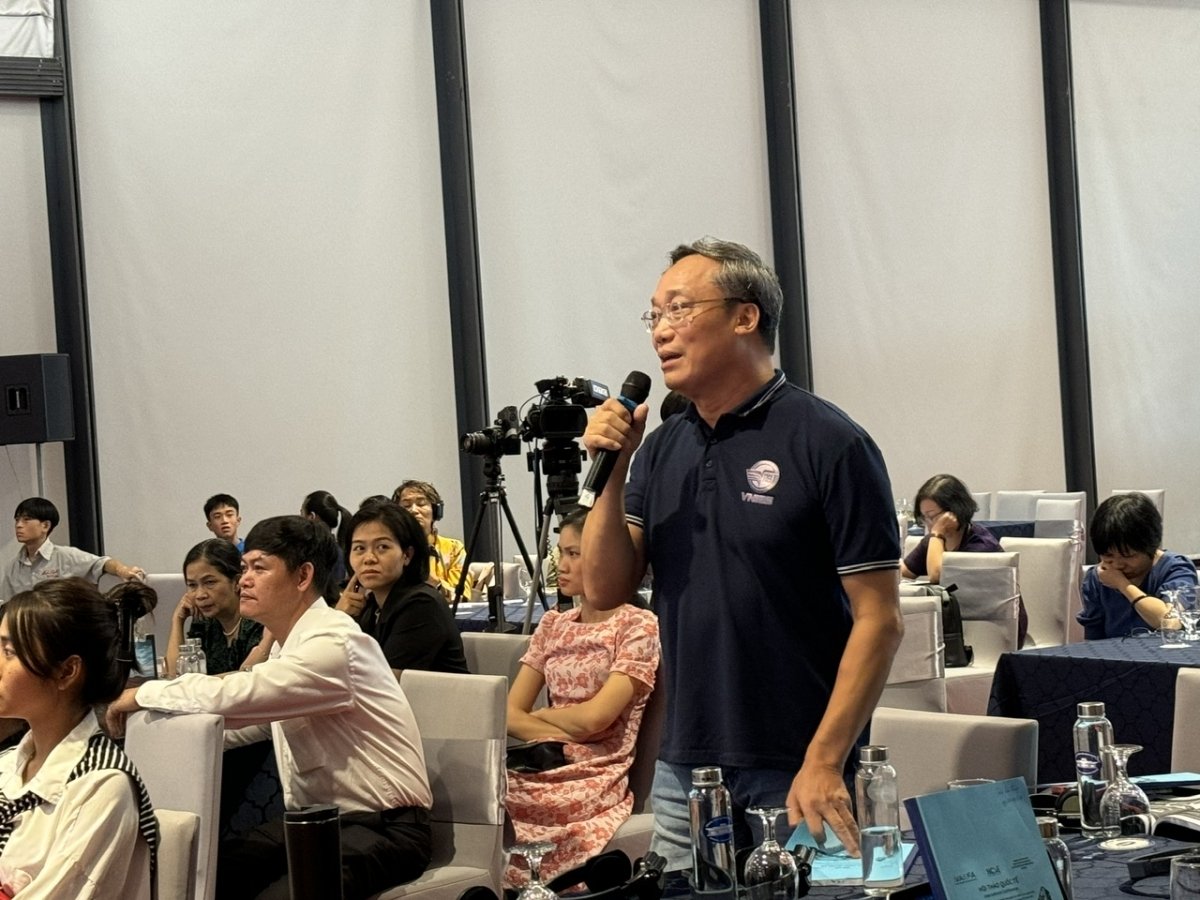
Faced with barriers in time, funding, and production teams, making the production of Braille books extremely difficult, greatly affecting the learning of visually impaired students, Ms. Dinh Viet Anh - Vice President of the Vietnam Association of the Blind shared: "For visually impaired students, going a whole month and a whole year without textbooks is extremely difficult for them and this is a very big problem."
In addition to her views and sympathy, she expressed her wish: "In the immediate future, when there is no State budget, we hope to have the cooperation of organizations, agencies, and individuals in the community to be able to first print books that have been converted to Braille, enough for the children studying in the 2024-2025 school year, and then continue to convert the books that have not been converted.
"Along with the conversion of book printing, we have established a mobile library to circulate books to students in need. In the long term, I hope the agency will pay attention to building a mechanism to ensure State budget for textbooks and learning materials, and education for students with disabilities," Ms. Dinh Viet Anh shared.
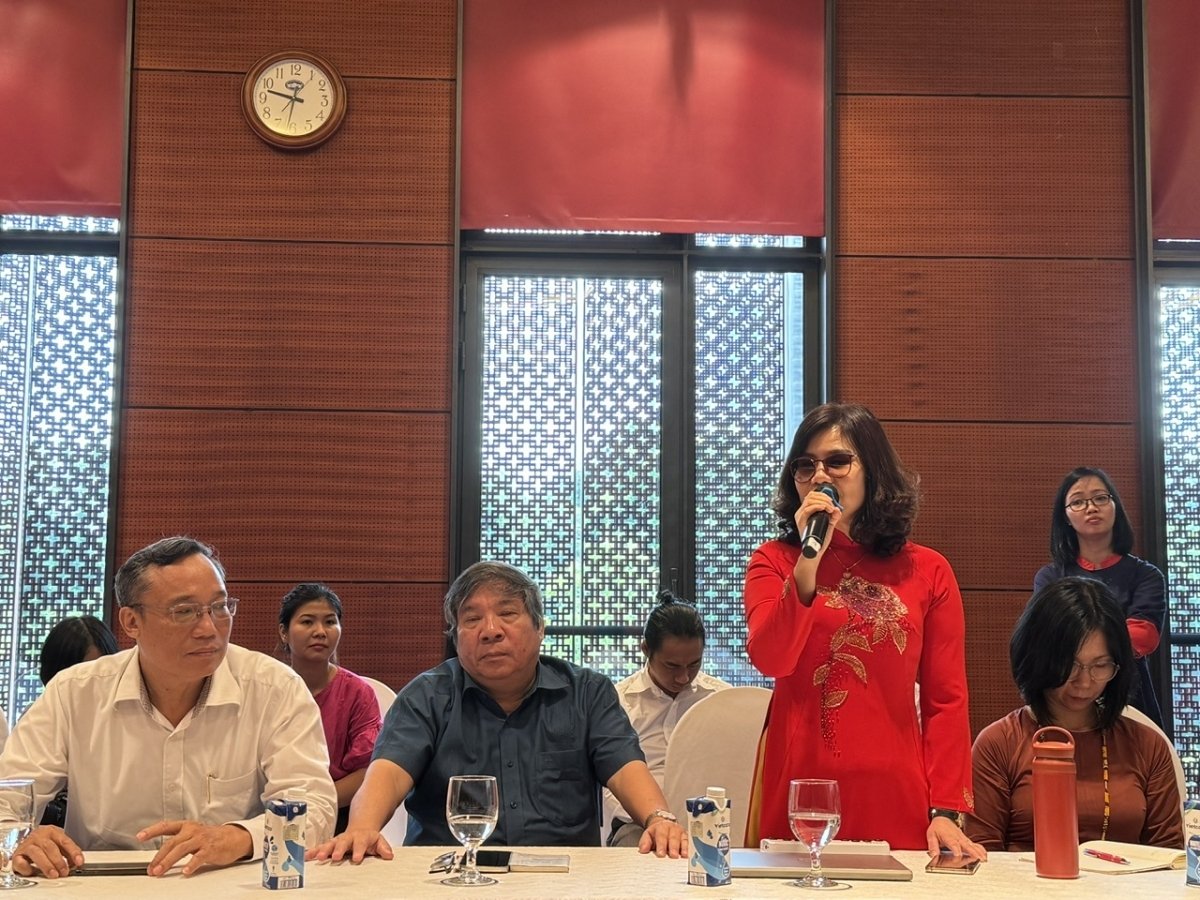
Dr. Nguyen Duc Minh said that there is currently no State funding for the conversion of textbooks for students with disabilities. Everything depends on the funding of organizations and individuals. And the conversion has so far only completed the main subjects, while the following subjects still rely on support from the charity fund of VinGroup to continue. However, the replication requires coordination between agencies, units, ministries to mobilize funding sources and production workshops.
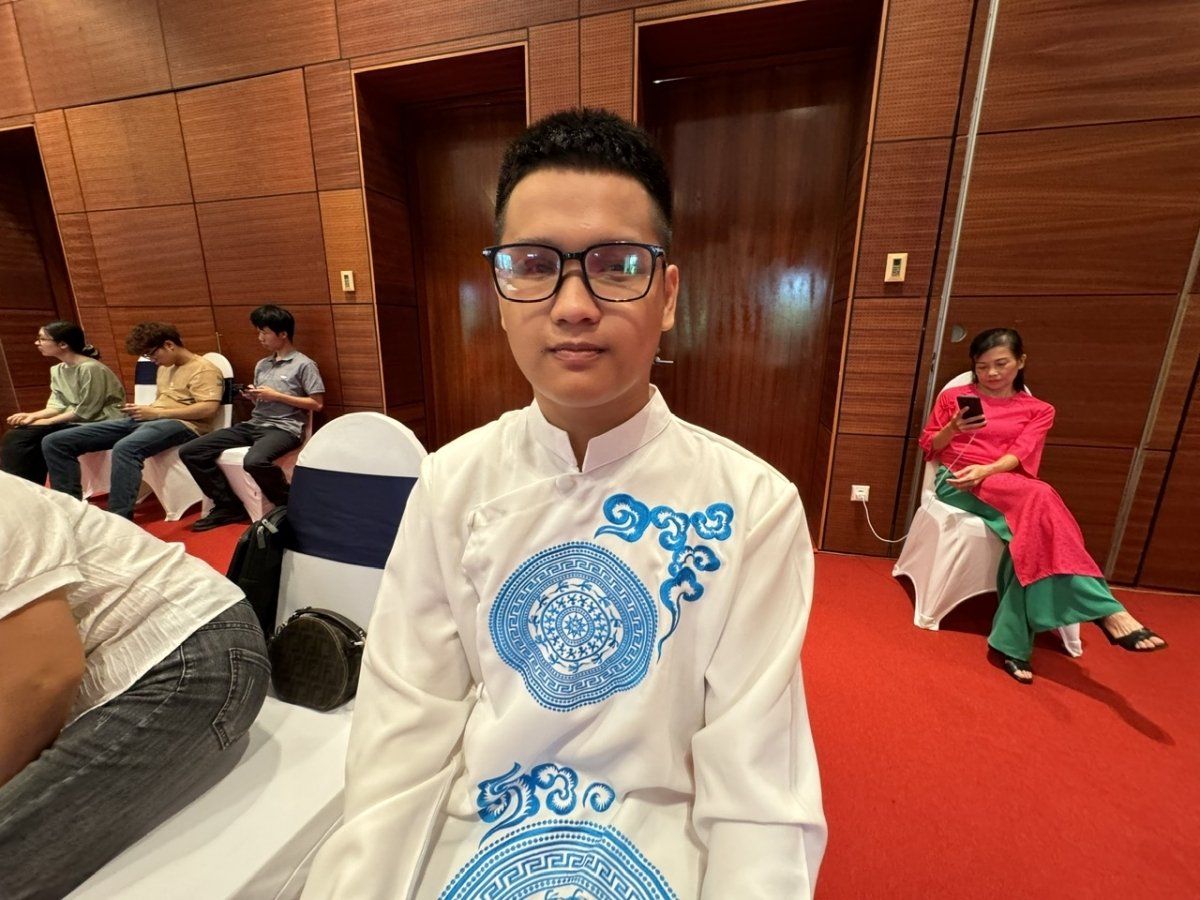
Difficulties in studying at higher levels of education for deaf-mute children
Blind and deaf students are the two groups that make up the majority of disabled students when participating in inclusive education. For deaf students, due to the loss of hearing and speaking ability, learning mainly relies on sign language. However, there is currently no consensus between regions on sign language, so teaching and learning for deaf students faces many difficulties. It is almost impossible to impart knowledge at higher levels such as junior high school and high school to deaf students.
Discussing the difficulties of deaf-mute children in learning, Dr. Nguyen Duc Minh shared: "What is even more difficult for them is that currently, although the Ministry of Education and Training as well as a number of organizations have built a number of language sign systems and synchronized signs. However, this is only a system for collecting and using for daily communication, while the specialized language sign system of subjects for levels higher than primary school for people with hearing and speaking disabilities is almost completely absent, so I think this is a huge difficulty and barrier."
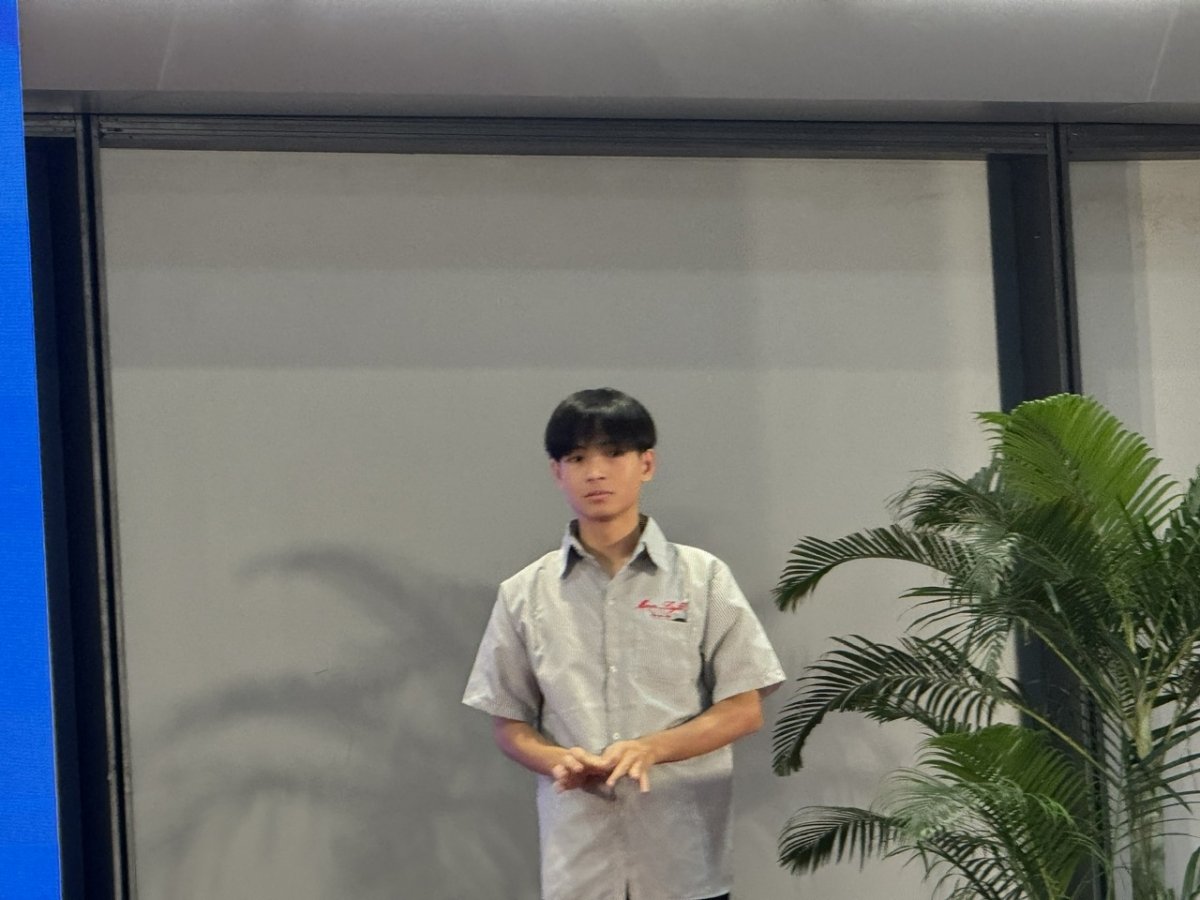
It is necessary to soon convert textbooks for general education programs and implement specific policies to support students with disabilities in their studies.
Education is a legitimate right of all people regardless of normal or disabled people. In order for disabled people to be able to participate in education equally, it is necessary to have support policies and cooperation from the social community, especially the education sector.
The barriers for students with disabilities to access the new general education program need to be resolved soon, specifically printing new textbooks for visually impaired students, changing the assessment method, training teachers to teach sign language to create opportunities for deaf students to study at higher levels as they wish. These are the most basic conditions for them to develop their abilities to study and contribute to themselves, their families, and society.
Source: https://vov.vn/xa-hoi/can-co-giai-phap-giup-nguoi-khuet-tat-thao-go-kho-khan-trong-hoc-tap-post1131040.vov


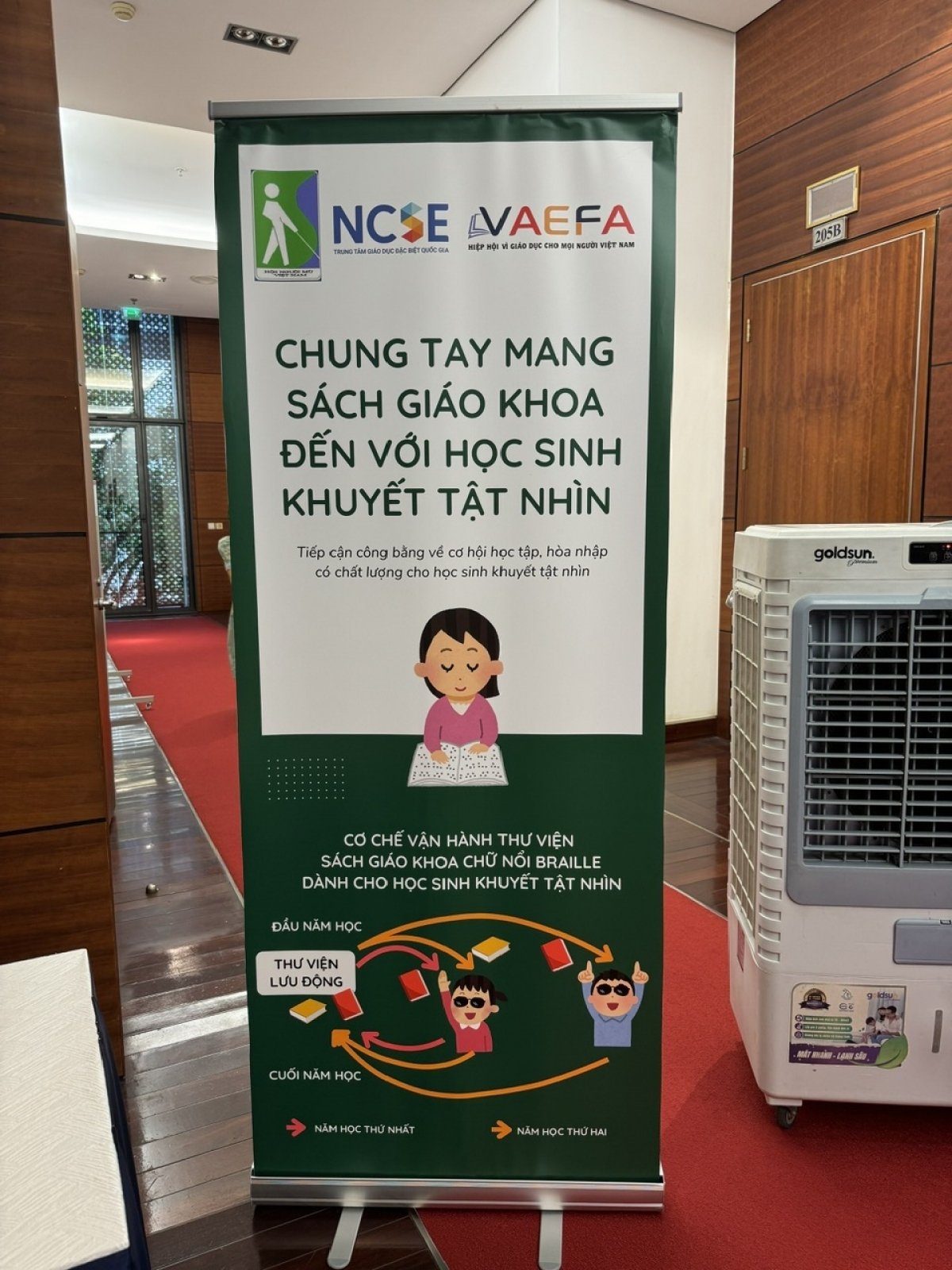






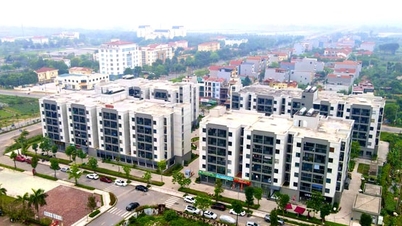





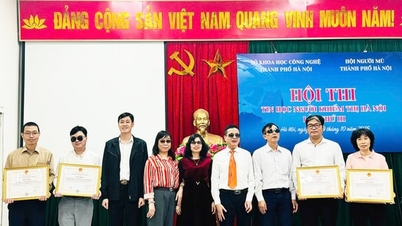
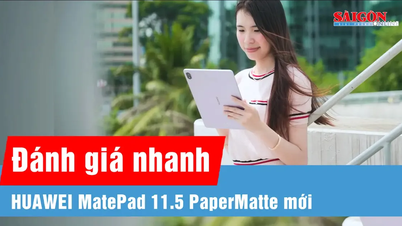

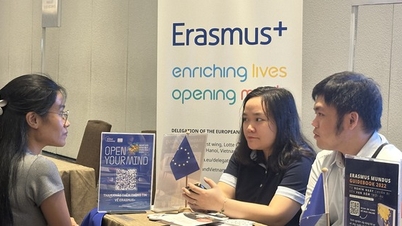



![[Video] Groundbreaking ceremony of inter-level boarding schools in the border areas of Tuyen Quang and Lao Cai](https://vphoto.vietnam.vn/thumb/402x226/vietnam/resource/IMAGE/2025/11/09/1762702287645_lao-cai-ha-giang-6159-jpg.webp)

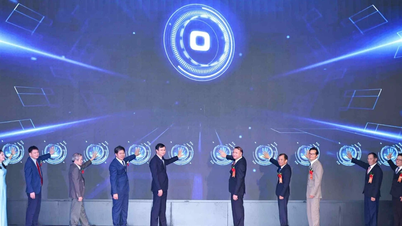
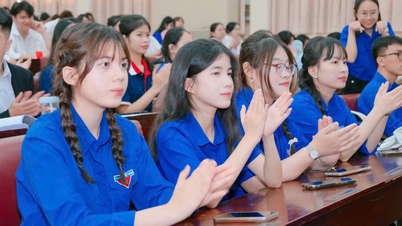

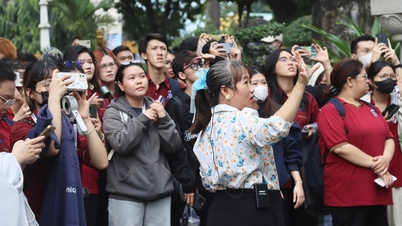











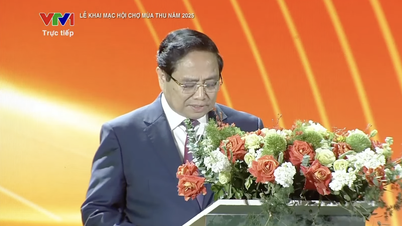



































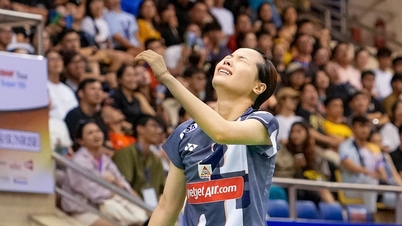
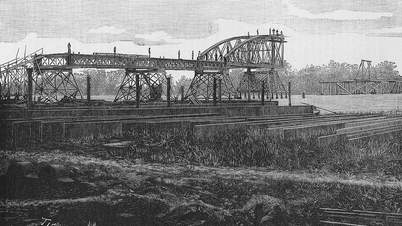
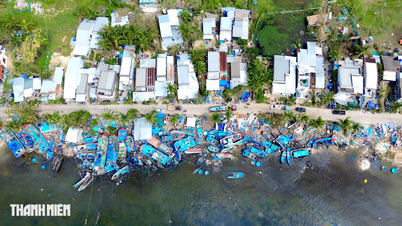
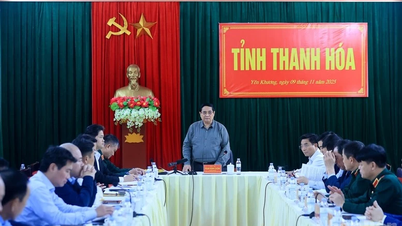




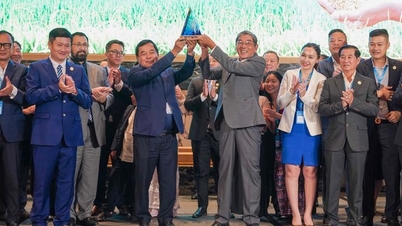



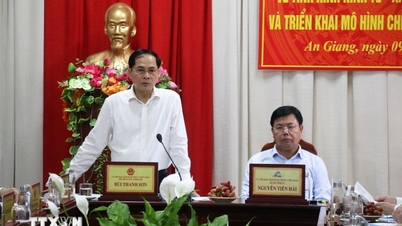





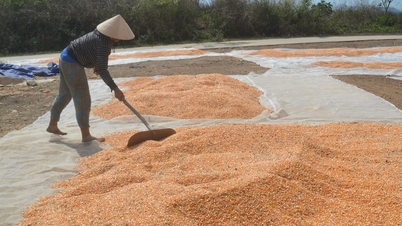













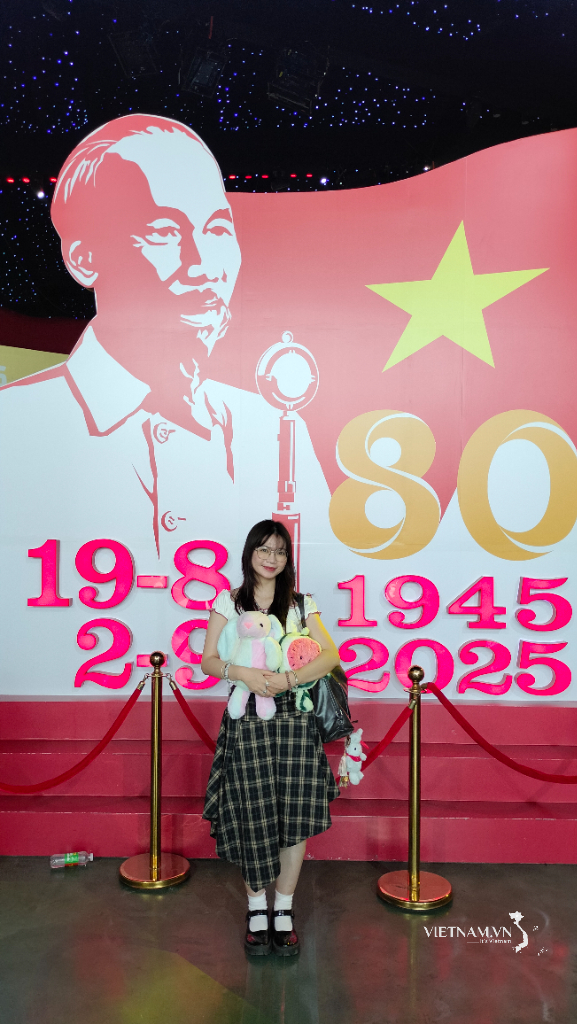

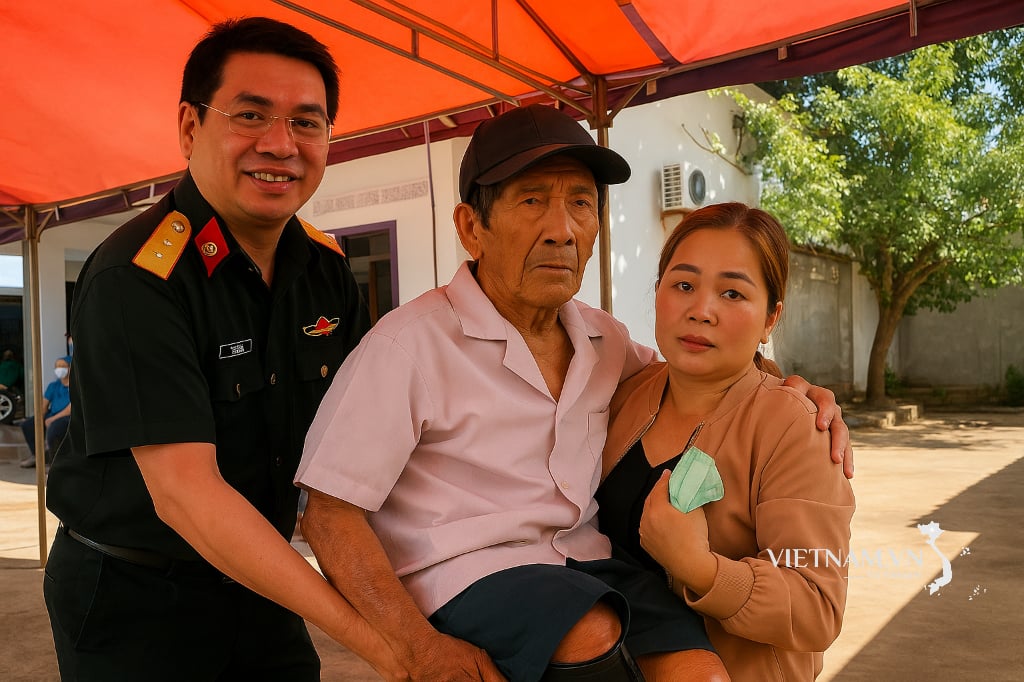

Comment (0)